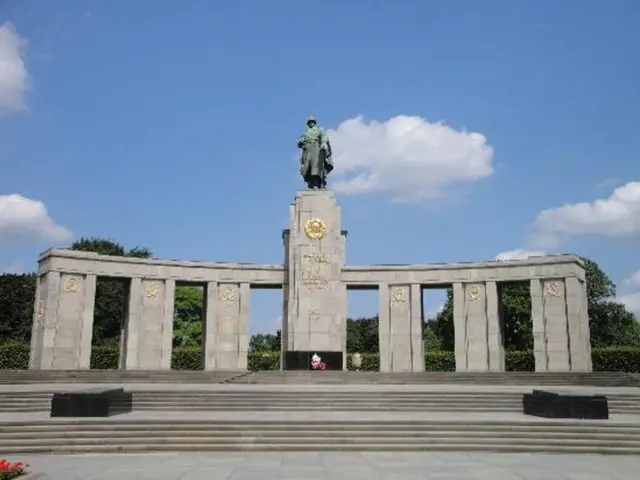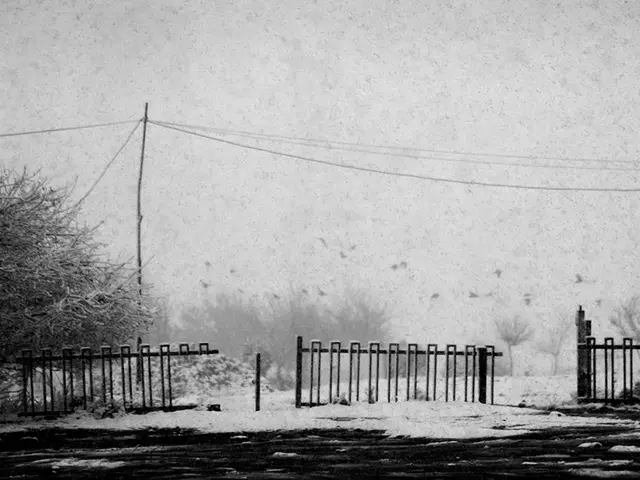Clashes in Gaza result in the death of at least 25 when Israeli forces open fire, while Netanyahu announces a policy that allows Palestinians to depart from the region
In the midst of ongoing violence and humanitarian crisis, recent developments in the Gaza Strip have raised concerns and sparked discussions. On one hand, Hamas and Egyptian officials are meeting in Cairo to discuss the resumption of ceasefire talks, while on the other, Israel's plan for "voluntary migration" of Palestinians from Gaza remains a contentious issue.
Current Status
Israeli officials have been in talks with South Sudanese representatives about relocating Palestinians from Gaza. This plan, part of a broader strategy to encourage large-scale emigration, has been met with strong opposition from Egypt and human rights groups, who view it as a potential humanitarian crisis given the challenging conditions in South Sudan, one of the poorest and most conflict-ridden countries in the world. Despite these concerns, South Sudan has publicly denied involvement in such a plan.
Violence and Humanitarian Crisis
The current conflict in Gaza has taken a heavy toll on civilians. According to the U.N., starvation levels are at their highest during the war, and the U.N. and humanitarian partners face significant delays and impediments from Israeli authorities in delivering food and essentials at the scale needed. Tragically, at least 25 people seeking aid were killed by Israeli gunfire in Gaza on Wednesday, and at least 14 more in the Teina area, according to Nasser hospital.
The militants who initiated the 2023 attack are still holding 50 hostages, with Israel believing around 20 of them are alive. The deaths occurred while people were on their way to aid distribution sites and while awaiting convoys entering Gaza. The U.N. Health Ministry has reported 106 children have died of malnutrition-related causes during the war and 129 adults have died since late June.
Criticisms and Concerns
The proposed migration plan has been met with criticism and concerns. Critics argue that the term "voluntary migration" could be a euphemism for ethnic cleansing, particularly if it involves compelling Palestinians to leave their homes. There is also uncertainty about whether those who leave Gaza would be allowed to return, which raises concerns about the permanence of the displacement.
The plan is also seen as part of a broader effort by some Israeli officials to permanently settle Israelis in Gaza and to undermine the idea of a Palestinian state. This has led to accusations of political motivations behind the plan.
Efforts to revive ceasefire talks have resumed after an apparent breakdown last month. However, the planned military offensive by Israel in some of the most populated areas of Gaza has sparked condemnation and criticism at home and abroad.
As the situation in Gaza continues to unfold, the international community is closely watching the developments, hoping for a peaceful resolution to the conflict and a swift improvement in the humanitarian situation.
Read also:
- Massive 8.8 earthquake hits off the coast of Russia's Kamchatka Peninsula, prompting Japan to issue a tsunami alert.
- Court petitions to reverse established decision on same-sex marriage legalization
- Proposed Standardization of Food Labeling Laws Among Member States by the Commission
- Experimenting with Merz's Germany has stretched into an extended period of time, resembling a numerous three-month duration.







